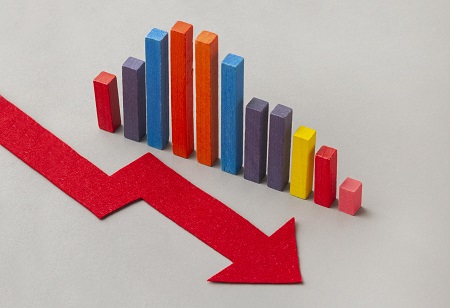
Momentum is building for the Bank of Japan to consider ending negative interest rates as early as this month, with upcoming annual wage negotiations expected to result in significant pay increases for the second year in a row.
Despite recent economic weakness, BOJ policymakers have indicated that they intend to proceed with their plan to reduce stimulus, including Governor Kazuo Ueda, who provided an optimistic assessment of Japan's economic outlook last week. BOJ board member Naoki Tamura, a former commercial bank executive, has been the most vocal advocate for an early exit from negative rates, indicating in August last year that the bank could do so by March 2024.
Fellow board member Hajime Takata also called for an overhaul of the BOJ's stimulus programme last week, saying that Japan was finally seeing prospects for durably achieving the bank's 2 per cent inflation target. At least one of the BOJ's nine board members is likely to say that removing negative interest rates would be reasonable at this month's policy meeting, Jiji news agency reported on Wednesday, without citing sources.
The BOJ's decision to end negative interest rates would be a watershed moment, reversing more than a decade of a radical monetary experiment aimed at ending prolonged deflation and economic stagnation. With inflation exceeding its target for more than a year and the prospect of sustained wage gains growing, the BOJ has hinted at the end of negative interest rates in the near future.
According to a Reuters poll conducted between February 15 and 20, more than 80 percent of economists expect the BOJ to end negative interest rates in April, with some betting on action at the March 18-19 meeting. If the majority of the nine-member board votes to end negative rates, it would pave the way for Japan's first rate hike since 2007.
We use cookies to ensure you get the best experience on our website. Read more...